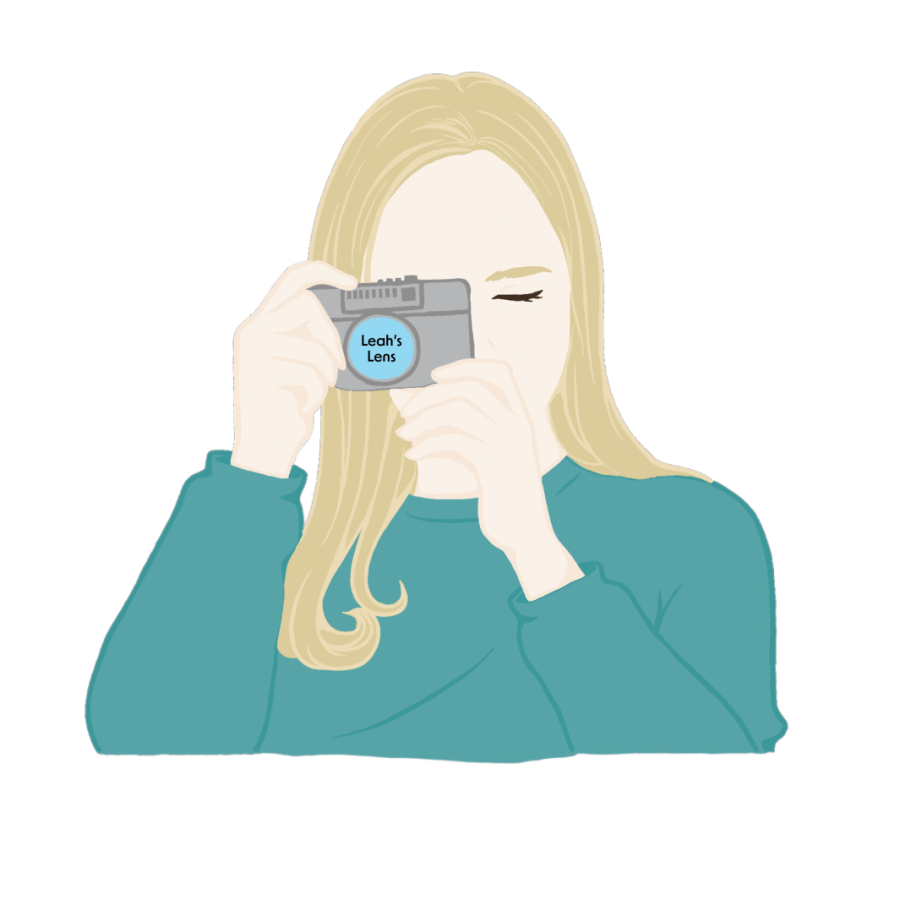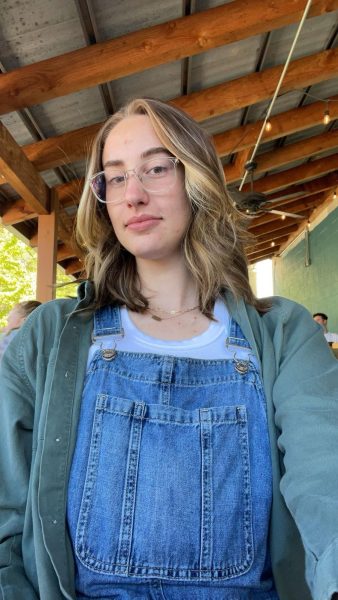Editor’s note: This article contains information regarding eating disorders.
Every year, normally during the last week of February, the National Eating Disorder Association hosts Eating Disorders Awareness Week. This week is an extremely important period of time where everyone has the opportunity to become more educated about eating disorders. While there is national and communal focus on EDAW, there needs to be more individual and long-term focus on the subject in order to help as many people as possible.
This year’s theme of EDAW is Healing in Community; this is a very pertinent theme, as being able to trust your community to help you is very important in any recovery journey. Without the support of others, recovery can be much more difficult. However, a barrier that is far too common within community support is lack of education.
Eating disorders are the second deadliest mental illness, falling second to opioid addiction. There are countless misconceptions regarding many aspects of eating disorders: the causes, who they affect, the look of someone struggling and so many more. Proper education is vital when it comes to understanding eating disorders and how to help people who are struggling.
One of the most common misconceptions is if someone has an eating disorder, they are rail thin and it is very evident that they are sick. This is completely false and an extremely close-minded interpretation of the illness. In actuality, less than 6% of people with an eating disorder are considered medically underweight. However, even this small percentage may not be able to be trusted, as the body mass index scale was strictly designed for white men, much like most things in this country. This is also assuming that every eating disorder causes weight loss, which is far from the truth.
There is also a stigma surrounding eating disorders that only women suffer from them, which is far from the truth; males make up one fourth of those diagnosed with eating disorders. There has always been an underlying sexist theme within mental illness, with the assumption that only women struggle with mental health, immediately belittling every male or male identifying person’s experience.
If there was ever a place where bias, stigma and assumptions should not exist, it is within the field of eating disorders. Even if you do not give it a second thought, these biases can be detrimental to those grappling with an eating disorder. The “sick enough” mentality is very common; it is a constant battle in your brain comparing yourself to others, telling yourself you are not even sick and minimizing the war you are at with yourself. Eliminating all bias and stigma is crucial to supporting those with eating disorders.
There are many events that occur during EDAW to help raise awareness, such as participating in NEDA Walks, sharing accurate information and more. However, local communities as well as individuals need to step up and do more to raise awareness.
One of the easiest ways to do so is to do your research; there are hundreds of websites that can teach you the truth about eating disorders instead of the false information that is spread so often. All it takes is one person to start the conversation before accurate information is being spread far and wide.
Another way to show your support is to simply be open to new ideas; hundreds of thousands of students grew up in health classes being taught completely false information regarding nutrition and weight. These classes put horrible ideas into impressionable minds such as weight gain is bad, calories are bad and most foods are unhealthy. For some, struggles with eating and body image started at a very young age because of the messages they were hearing from their teachers. Being open to the fact that you were taught misinformation stemming from diet culture and relearning what “healthy” truly is can make a large difference.
With being open to new ideas comes being mindful of the messages you are spreading and what you are saying to other people, as you never know what someone is going through. As a general rule, never comment on what people are eating or what their body looks like and also refrain from comments about how you “need to go for a run after eating that much.” Nobody cares.
Eating Disorders Awareness Week is a time for people to become more aware of eating disorders, their causes and symptoms and how to help those struggling. However, that does not mean you are off the hook once the next week rolls around; the conversation needs to continue in order for it to spread.
Eating disorders can single-handedly ruin a person, destroying their confidence and causing them to become a shell of themselves. They cause unfathomable pain that you should not even wish upon your worst enemy. Eating disorders can affect everyone, regardless of gender, race, sexuality, age or body type. Nobody should ever have to endure this alone or be surrounded by misinformation. Educate yourself, because you never know who around you may be struggling.
For those struggling with an eating disorder or disordered eating, there are many resources available. Visit https://crcfored.com for more information.



